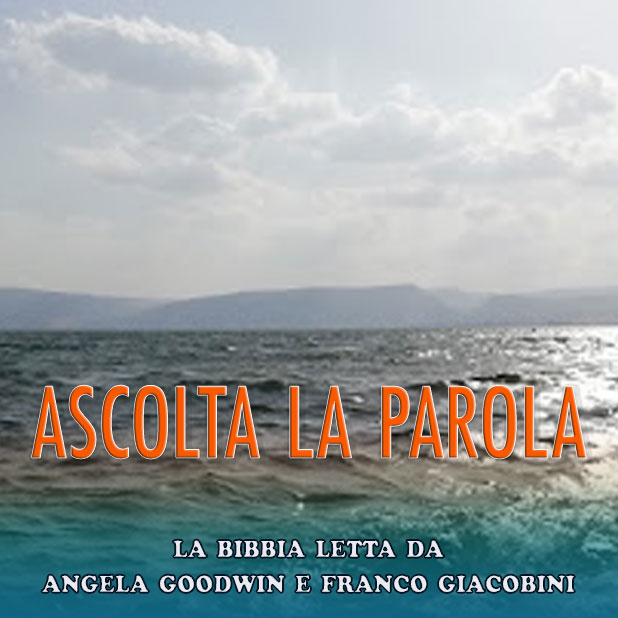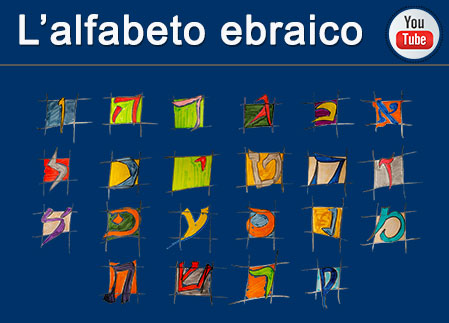European Lutheran Commission on the Church and the Jewish People
Austria 01/11/2003
IAt its annual meetings, 2001 – 2003 the European Lutheran Commission on the Church and the Jewish People (LEKKJ) studied a number of liturgical texts, and especially the prayers which have as their theme the relationship between the church and the Jewish people. This study revealed that obscurities, misunderstandings and anti-Jewish formulations both old and new continue to be perpetrated. It demonstrates, therefore, the urgent need to devote as much care to liturgies and to liturgical texts as to other documents devoted to the subject of Judaism. Hence, the following points ought to be considered with great care –
New insights have been gained by our churches; these are publicly available and ought to be used when composing the text of prayers.
It is, for example, no longer possible to speak of ’Israel’, or the ’Jews’, as if their significance were confined to past history, when, in fact, they are of considerable significance in the present time.
To whom precisely do the words ’Israel’, ’God’s people’, ’Your people’, or ’we’, refer? No ambiguity must be allowed to enter the minds of the congregation which participates in such prayers. What, for example, is meant when use is made of such expressions as ’Your covenant’, or ’the blessing which you have promised’, or ’promise’? To whom do these concepts refer?
The effect of the words and images used must be examined, as the danger frequently arises, when, for example, ’Israel’ is being prayed for, that this gets associated with the state of Israel, and not with the religious concept of Judaism, although this is what was intended.
Concepts and ideas which occur in both Judaism and Christianity are to be examined with a view to ascertaining whether their use carries the same meaning in both communities; for example: Are their respective eschatological expectations really identical?
Is it not a fact that there are liturgies which preserve traditions hostile to the Jews? They contradict insights gained during Christian-Jewish dialogue, but continue to be handed on through the liturgical tradition. A number of more recent liturgies contain elements which, according to Lutheran official documents ought long ago to have been consigned to past history. In some churches it continues to be possible to read out Josephus’ account of the fall of Jerusalem on the 10th Sunday after Trinity, which includes comments unambiguously hostile to the Jews. Or, again, some recently revised liturgies contain flagrantly unsuitable passages, designed, perhaps, to express ecumenical solidarity with the Catholic tradition, while leaving out of account their anti-Jewish potential.
One problem can consist in the deliberate omission of Israel from liturgical prayers. A way of overcoming this difficulty might be to speak of God’s abiding faithfulness to his people in the Communion liturgy.
It is imperative, in all services, to observe the practice of reading out at least one passage from the Hebrew Bible, i.e. our Old Testament.
Under no circumstances must a reading from the Old Testament be given inferior liturgical status as against other readings.
II
We request the churches –
when liturgies are being revised, that members of the working parties engaged in Christian-Jewish dialogue be consulted;
that the persons responsible in the churches for both introductory and advanced courses of study include in their programmes the criteria discussed in section I above and take into consideration the results achieved by Christian-Jewish dialogue.
Graz, Austria, 10th May 2003.
These recommendations were adopted unanimously by the LEKKJ delegates at their annual meeting for the year 2003.
Translated from the German by Hans Popper.
238 visualizzazioni.
Inserito 01/01/1970
Relazioni Ebraico-Cristiane
Ultime novità nel sito
- 19/04/2020: Articolo - L’enigma della Maddalena
- 23/02/2020: Articolo - Il locus amoenus nelle catacombe ebraiche e cristiane di Roma
- 16/02/2020: Articolo - Il profetismo nel Vicino Oriente antico
- 13/02/2020: Articolo - I Profeti della Cappella Sistina
- 09/02/2020: Articolo - Gerusalemme e la Terra Santa di Israele


